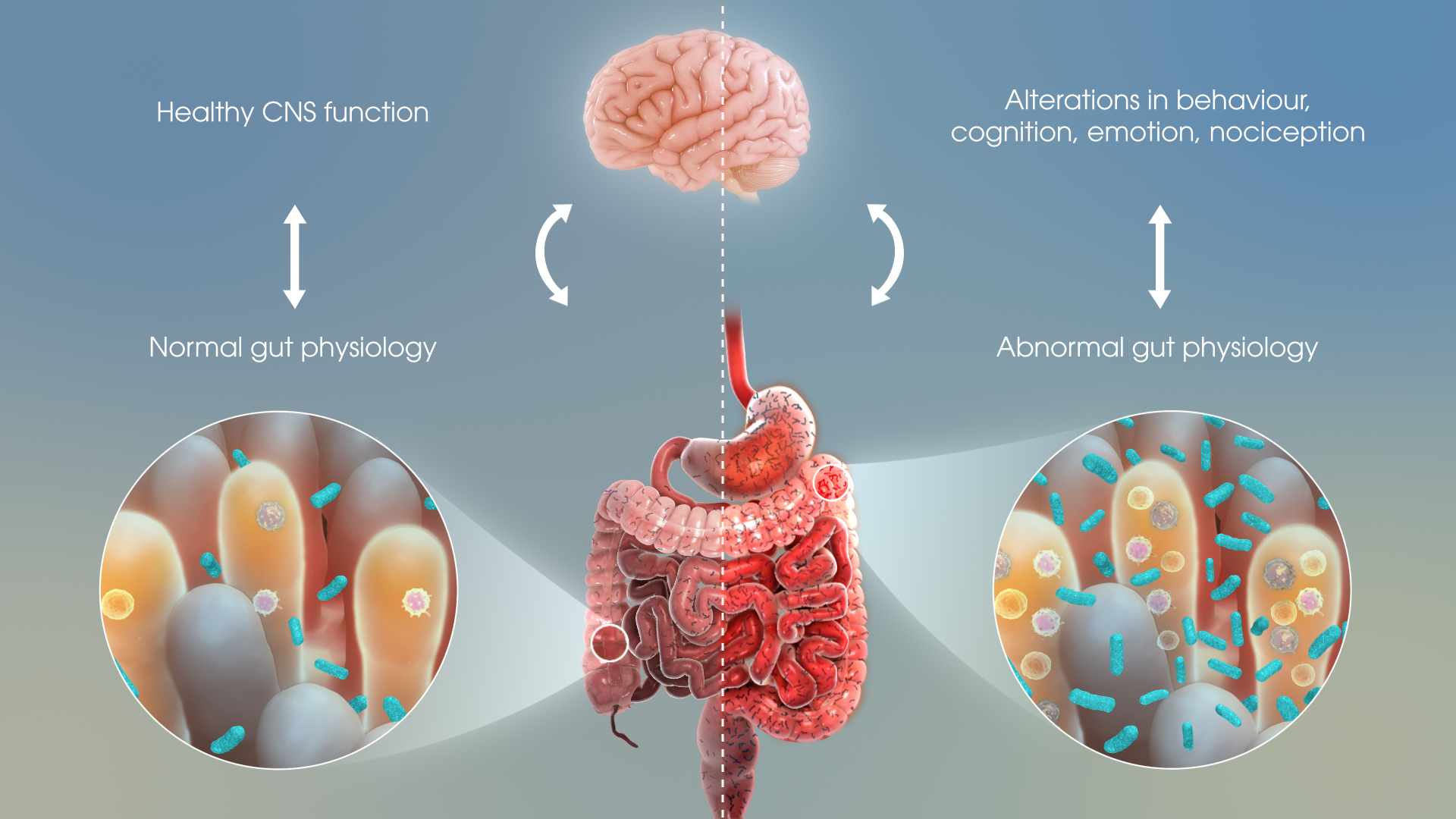Microbiomes the different bacteria in your gut may affect your feelings your gut health can influence whether you re in a good or bad mood based on what you eat

Microbiomes: The Impact of Gut Bacteria on Your Mood

Have you ever noticed a difference in your mood after a hearty, nutritious meal compared to when you indulge in unhealthy junk food? Turns out, what you eat not only affects your physical health but also plays a pivotal role in determining your emotional well-being. The reason behind this intriguing connection lies within your gut – more specifically, in the diverse community of bacteria known as microbiomes.
The human body is home to trillions of bacteria, with the gut hosting the largest population. These microscopic organisms, collectively referred to as microbiomes, play a crucial role in digestion, immunity, and even mental health. Recent research suggests that the composition of your gut bacteria can have a direct influence on your emotions and overall mood.

The connection between gut health and emotions arises from the intricate communication system between the gut and the brain, known as the gut-brain axis. This pathway allows bidirectional communication, allowing your gut bacteria to send signals to the brain and vice versa. As a result, the balance of your gut microbiomes can significantly impact your mental state.
So, how exactly do gut bacteria affect your mood? The key lies in the production of neurotransmitters. Microbiomes can produce various neurotransmitters, including the feel-good chemical serotonin. Serotonin plays a vital role in regulating mood, appetite, and sleep. Interestingly, around 90% of serotonin is produced in the gut. Hence, the composition of your gut bacteria can directly influence the production and availability of this crucial neurotransmitter.
Moreover, certain gut bacteria can produce metabolites that have a direct impact on your brain health. For example, some metabolites produced by microbiomes can trigger inflammatory responses that affect brain function and have been associated with conditions like anxiety and depression. On the other hand, beneficial bacteria can produce metabolites that reduce inflammation, offering potential protection against mood disorders.
In addition to neurotransmitters and metabolites, the gut-brain axis also involves the immune system. Studies have shown that inflammation in the gut can lead to increased permeability of the gut lining, known as “leaky gut.” This allows harmful substances to enter the bloodstream, triggering an immune response that can lead to inflammation throughout the body, including the brain. Such inflammation has been linked to mental health issues and mood disorders.
While it’s clear that your gut health can influence your mood, it’s essential to understand the role of diet in maintaining a healthy gut microbiome. Consuming a diet rich in fiber, whole grains, fruits, vegetables, and fermented foods can promote the growth of beneficial bacteria. On the other hand, diets high in processed foods, saturated fats, and added sugars can alter the gut microbiome negatively, potentially increasing the risk of mood disorders.
In conclusion, your gut health has a profound impact on your emotions and overall mood. The fascinating relationship between gut bacteria and mental health highlights the importance of maintaining a balanced diet to support a healthy gut microbiome. By prioritizing the consumption of nutritious foods, you can nurture your gut bacteria and potentially improve your well-being. So, next time you think about indulging in unhealthy food, remember that you’re not just feeding your body but also influencing your gut microbiome, which in turn may affect your feelings.
_References:
Share
Related Posts
Quick Links
Legal Stuff

